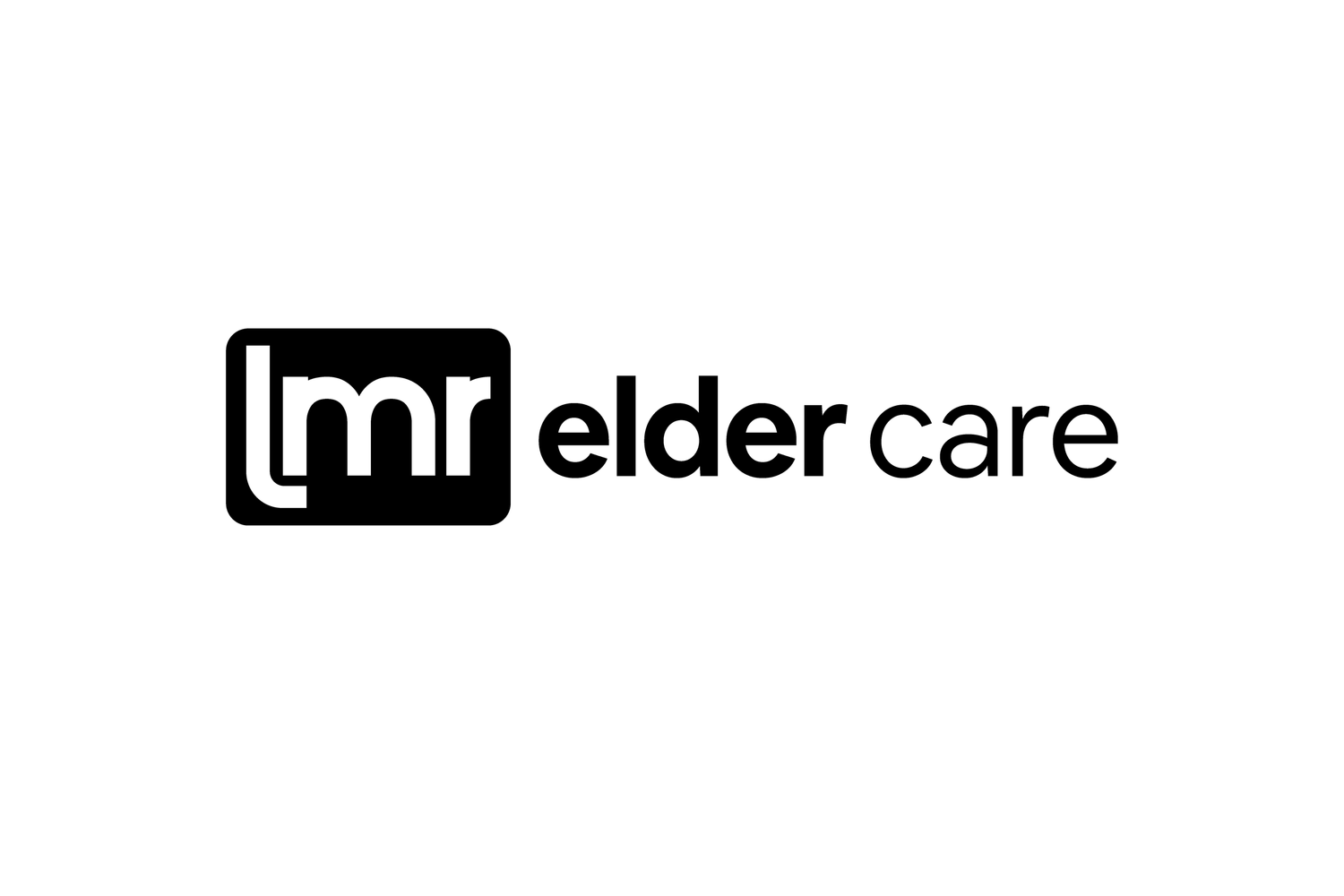I’m Sorry, But What Did You Say???
By: Lisa Bayer, J.D., CCM
Recently, I met with Dr. Rhee Rosenman-Nesson, Au.D., CCC-A to learn more about the importance of good hearing health for everyone, but particularly older adults who may be showing signs of dementia and other age-related medical and psychological conditions. Dr. Rosenman-Nesson is the owner and founder of Hearing Doctors of New Jersey with an office in Livingston, New Jersey.
According to Dr. Rosenman-Nesson, poor hearing can increase the risk of:
· Falls
· Cognitive Impairment (such as Alzheimer’s disease and other dementias)
· Social Isolation
· Depression
Poor hearing has been associated with an increased risk of falling. A person with low hearing may miss auditory cues (such as a pet underfoot). In addition, it takes a lot of mental energy, particularly for a person experiencing hearing loss who is trying to compensate using their other senses, thereby leaving less bandwith for concentration on balance and posture.
According to Dr. Rosenman-Nesson, hearing loss can lead to an increased risk or earlier onset of Alzheimer’s disease and other dementias. She explained that when a person is deficient in one sense (hearing) they use their other senses such as watching a person’s lips while they speak, to interpret and compensate. If the hearing part of the brain remains unused, it begins to atrophy. “Use it or lose,” explains Dr. Rosenman-Nesson.
Hearing loss can also lead to social isolation and depression. Dr. Rosenman-Nesson explained that when a person is constantly asking people to repeat what they are saying they tend to, at some point, give up and sit quietly at the dinner table or alone at a party. Eventually, they may decline social invitations and avoid activities altogether leading to social isolation and consequent depression.
Dr. Rosenman-Nesson explained that there are many new and innovative solutions for helping her patients improve hearing and that it is not “one size fits all.” For example, for active adults who do not want their hearing aid to show (if they cannot cover it by growing their hair longer) there are small, clear-colored devices that are barely noticeable. What I was most interested in are the new products that make it easier for caregivers to assist my clients with their hearing aids. For example, they make larger, more manageable devices that are harder to lose and that can be clipped to a person’s clothing if they inadvertently take them out. They also make devices that can be tracked by GPS with a smartphone.
LMR Elder Care and Hearing Doctors of New Jersey’s team approach helps to keep our clients and patients connected and living healthy, productive lives.
To learn more about Hearing Doctors of New Jersey please visit https://hearingdoctorsofnj.com/ or call Dr. Rosenman-Nesson’s office at 973.577.4100.

